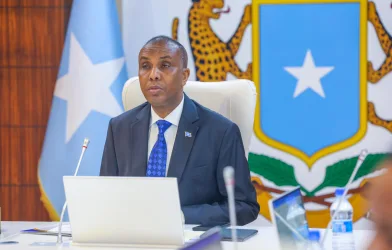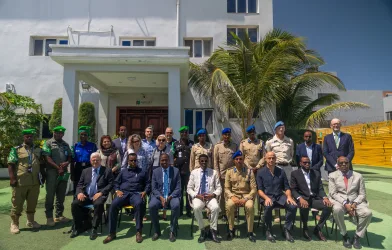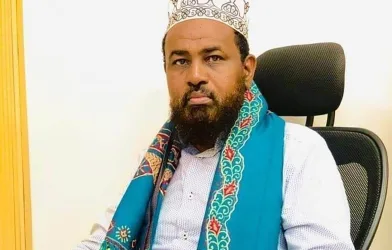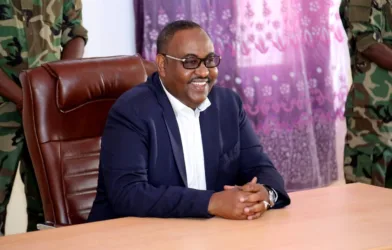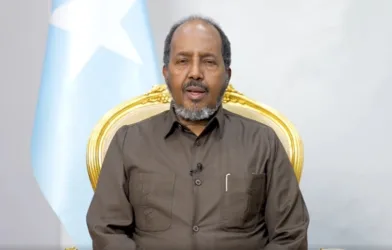A damaging power struggle between Somalia’s top political leaders escalated further on Thursday as they locked horns over the premier’s dismissal of the security minister.
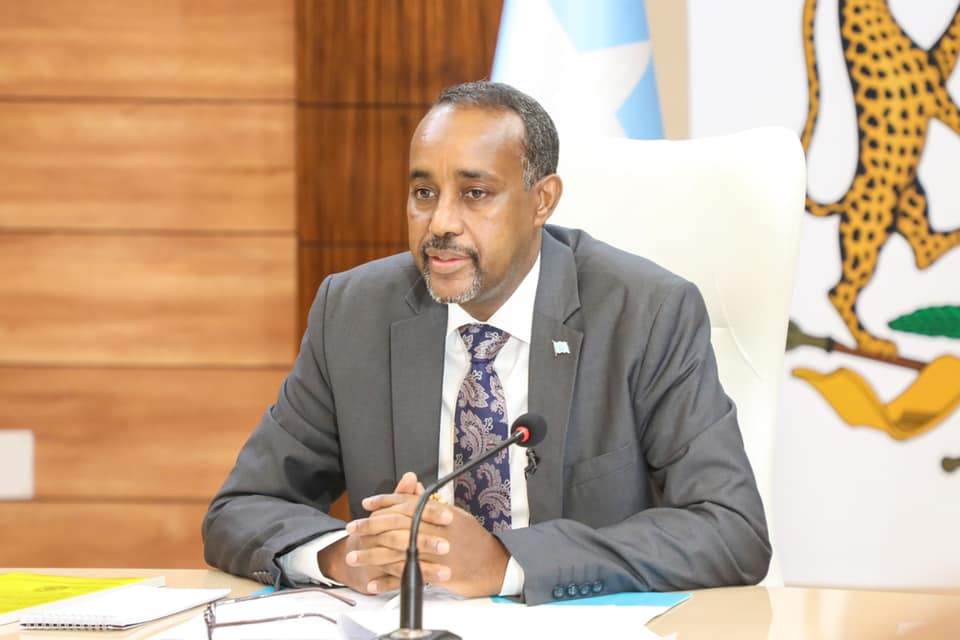
The very public feud between President Mohamed Abdullahi Mohamed, commonly known as Farmajo, and Prime Minister Mohamed Hussein Roble has plunged the troubled country into fresh crisis as it struggles to hold long delayed elections and keep an Islamist insurgency at bay.
In a late-night move on Wednesday Roble fired the country’s security minister and replaced him with a Farmajo critic, triggering an angry response from the president.
Roble had earlier accused the president of obstructing a closely-watched inquiry into the disappearance of a young intelligence agent whose fate thrust the high-stakes dispute into the public eye.
“That is a dangerous existential threat to the country’s governance system,” said Roble, who described a pattern of interference in the investigative remit of Somalia’s justice agencies.
Roble angered the president by this week firing the head of the National Intelligence and Security Agency (NISA) over his handling of the high-profile disappearance case, and putting another man in charge.
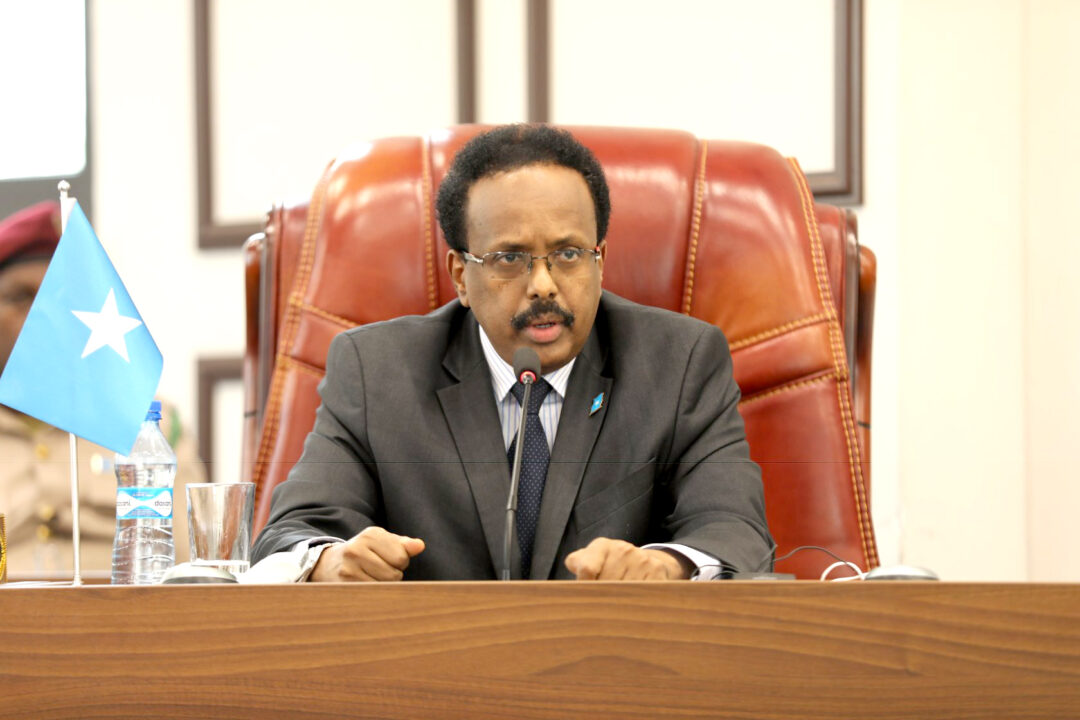
Farmajo said the sacking was “illegal and unconstitutional” and overruled his prime minister, naming another appointee to the top job, and appointing the dumped intelligence chief as his national security adviser.
Late Wednesday, Roble said he had decided to replace security minister Hassan Hundubey Jimale with Abdullahi Mohamed Nur to “revitalise” the ministry which oversees all security, police and intelligence agencies in the Horn of Africa nation.
Farmajo rejected the move as unconstitutional and “not valid” in a statement Thursday, and the sacked minister himself accused Roble of acting to “throw the country into a new conflict”.
– Situation ‘tense’ –
The public spat has raised the political temperature in Mogadishu, where military units close to Farmajo’s office were seen stationed outside NISA headquarters on Wednesday.
“The situation is tense, and many in the agency are confused now. Some senior officials seem to have taken sides,” one NISA officer told AFP on condition of anonymity.
Meanwhile, journalists at state-run media outlets reported being instructed not to broadcast messages from Farmajo, whose four-year mandate expired in February.
“We have been told by the minister to stop reporting on matters from the president’s office related to the political conflict,” a staffer at the Ministry of Information told AFP on condition of anonymity.
A Swedish-trained civil engineer and political neophyte, Roble was appointed prime minister by Farmajo in September last year after his predecessor was ousted in a parliamentary no-confidence vote.
But the two men have clashed often, with the row threatening to throw an already fragile electoral process into deeper peril.
The international community has encouraged both leaders to focus on the elections, which are already months behind schedule.
“We urge Somali leaders to de-escalate the political confrontation surrounding this investigation and, in particular, avoid any actions that could lead to violence,” said a statement issued Tuesday by the UN Assistance Mission in Somalia.
Farmajo’s mandate was extended by parliament in April, setting off deadly gun battles in the streets of Mogadishu.
Roble was appointed to ease the political tensions and deliver elections, and a new timetable to a vote was cobbled together.
But the process fell behind, and Roble has accused Farmajo of trying to reclaim “election and security responsibilities” from him.
Elections in Somalia follow a complex indirect model, whereby state legislatures and clan delegates pick lawmakers for the national parliament, who in turn choose the president.
The next phase is scheduled between October 1 and November 25.
Analysts say the election impasse has distracted from Somalia’s larger problems, most notably a violent insurgency waged by Al-Shabaab.
The Al-Qaeda allies were driven out of Mogadishu a decade ago but retain control of swathes of countryside and the capability to stage deadly attacks in the capital and elsewhere.
Last week, NISA said the intelligence officer abducted near her home in June was killed by the Islamist extremists.
But Al-Shabaab denied any role in the disappearance of 25-year-old Ikran Tahlil, whose family has accused NISA of murdering her.
Source: AFP


